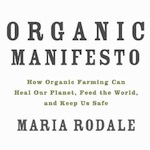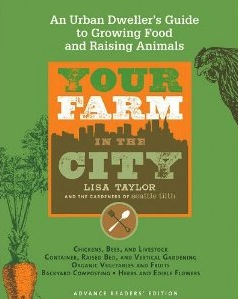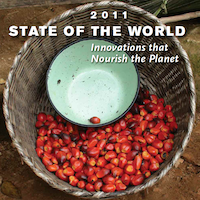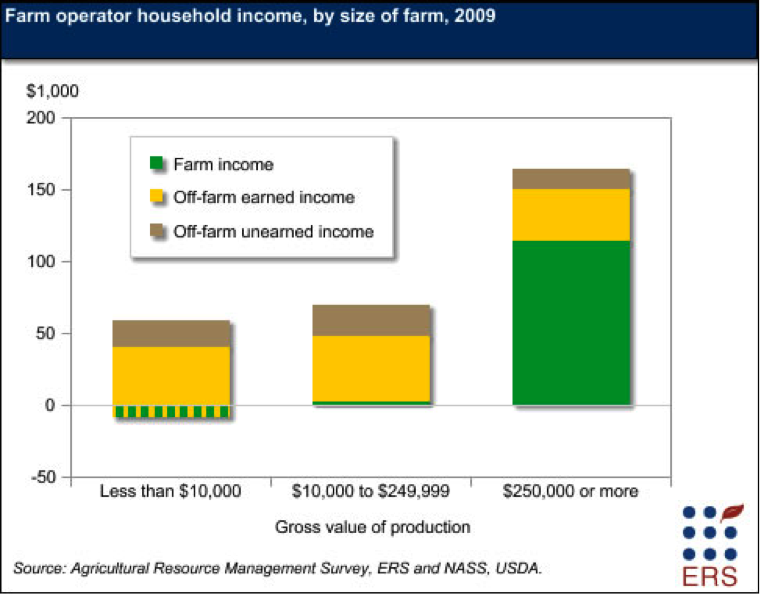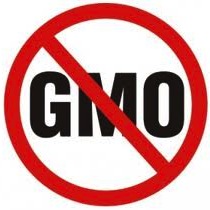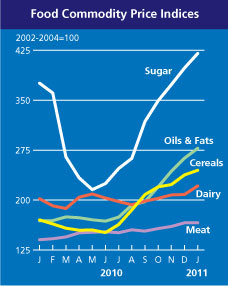Genetics and the Manipulation of Life: The Forgotten Factor of Context by Craig Holdrege
Clearly written, well-illustrated, and without unnecessary technical jargon, Holdrege describes through fascinating examples how living organisms develop and exist within the context of their environment, and asserts that genes alone cannot determine organisms because their effects are always qualified by the contexts within which the organisms live.


